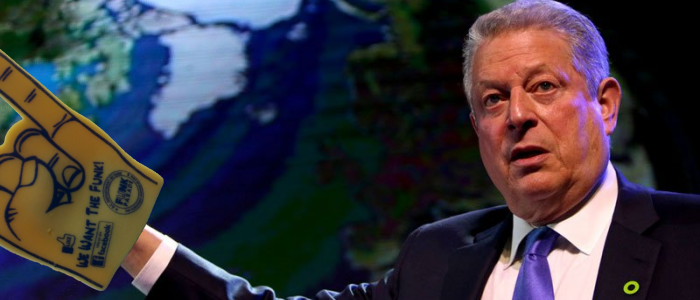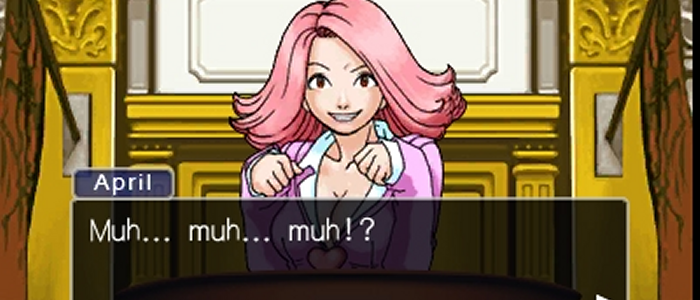As libertarians, we’re used to a sort of goofy sectional squabbling between self-styled "purists" and "realists," which often manifests itself as an argument about whether to pursue attainable changes now, or to deride that as "selling out" and remain focused on the long-run goal. Murray Rothbard pretty much had this one dead to rights years ago: the libertarian can, in good conscience, support anything that advances the libertarian cause without deviating even one iota from libertarian principle. So it’s fine for libertarians to go to bat for tax cuts or regulatory relief, so long as they aren’t packaged with something evil also.
So there’s lovely. That’s not really what we’re here to talk about today. I’m here to consider whether or not libertarian involvement in politics has been a fool’s game from the get-go; whether or not it’s all been a massive redirection of energy into a solidly negative direction. To put it as provocatively as possible: was Ron Paul a net negative for the liberty movement?





